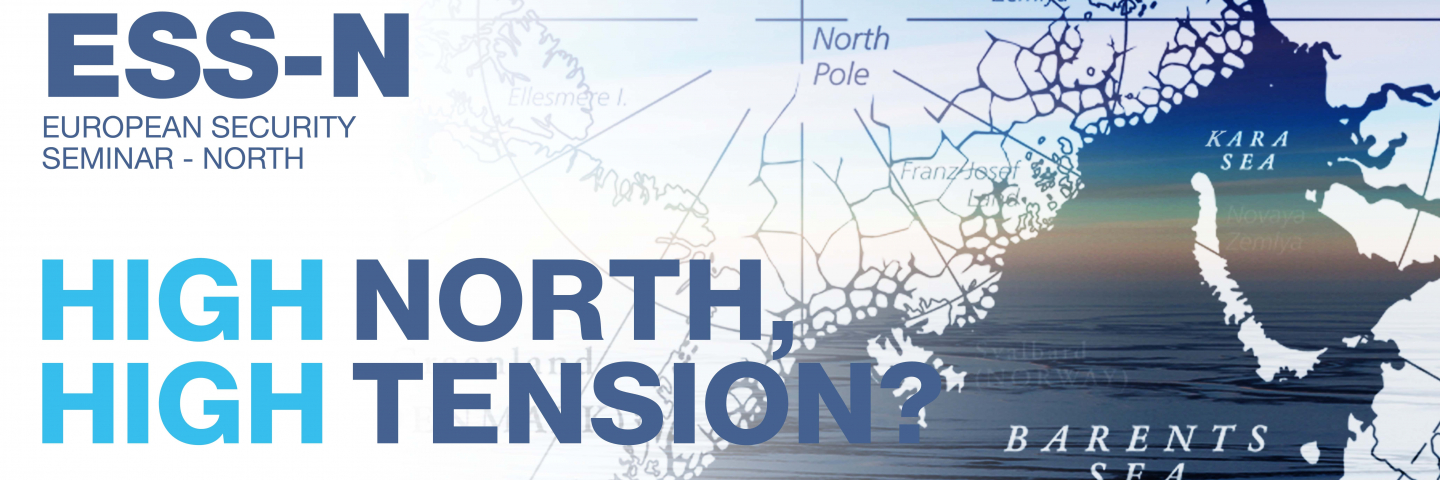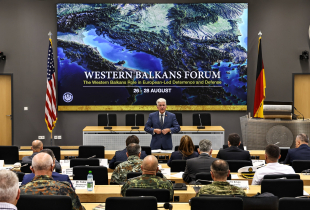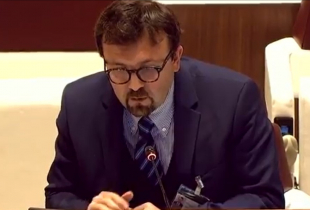
European Security Seminar North 2022: High North, High Tension?
This year’s European Security Seminar North, co-hosted by the George C. Marshall European Center for Security Studies and the Ted Stevens Center for Arctic Security Studies, examined the implications of the Ukraine conflict on the European High North and Baltic Sea region. It is clear that the era of Arctic exceptionalism has ended as the region experiences a rise in tensions and securitization. The war has had profoundly negative impacts on numerous aspects of the region, to include Arctic governance, cooperation, scientific collaboration, and economic activity. Short term prospects for cooperation in the Arctic will witness a divide between Russia and the ‘Arctic 7’ - those democratic, like-minded nations reflecting a commitment to the rules-based international order as well as the principles of collective security and defense. Russia will seek investment from states like China and India in order to fulfil its own Arctic economic goals. This paper will analyze the current Arctic security environment and seeks to identify emerging challenges and opportunities. It will further provide recommendations for policymakers, including the importance of clear signaling, credible integrated deterrence, predictable presence, and investment in resiliency measures.
About the Authors
CDR Rachael Gosnell is a doctoral candidate in International Security and Economic Policy at the University of Maryland, with a focus on Arctic security. She holds a MA in International Security Studies from Georgetown University, a Masters in Engineering Management from Old Dominion University, and a Bachelor of Science in Political Science from the U.S. Naval Academy.
Dr. Katrin Bastian is a Professor of International Relations at the George C. Marshall European Center for Security Studies. Dr. Bastian serves in the Research and Policy Analysis Department, with a focus on EU foreign and security policy and the EU’s ability to act as a security provider. Before joining the GCMC in 2020, Dr. Bastian worked as the personal adviser to the Ambassador of the Principality of Liechtenstein in Berlin. During her sixteen years of service at the embassy, she also worked as lecturer of international relations and EU foreign policy at Humboldt University Berlin (2005-2008) and at the University of California at Berkeley (2009).
The George C. Marshall European Center for Security Studies
The George C. Marshall European Center for Security Studies in Garmisch-Partenkirchen, Germany is a German-American partnership and trusted global network promoting common values and advancing collaborative geostrategic solutions. The Marshall Center’s mission to educate, engage, and empower security partners to collectively affect regional, transnational, and global challenges is achieved through programs designed to promote peaceful, whole of government approaches to address today’s most pressing security challenges. Since its creation in 1992, the Marshall Center’s alumni network has grown to include over 15,000 professionals from 157 countries. More information on the Marshall Center can be found online at www.marshallcenter.org.
This paper reflects the views of the authors and is not necessarily the official policy of the United States, Germany, or any other governments.

